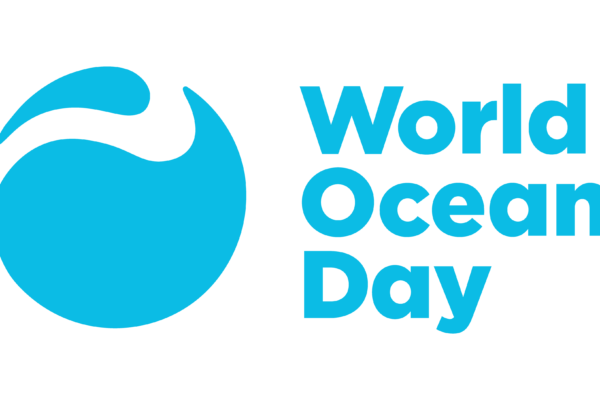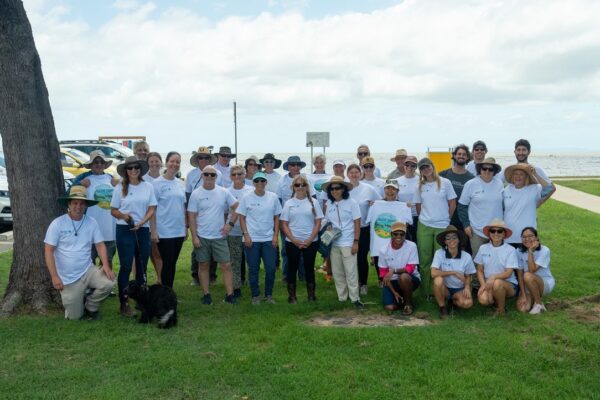In this week's round up: watch your words, the kids are alright, and smart design saves trees (happy Arbor day!).
If you’re a science communicator or educator at an informal science center (such as a zoo, aquarium, or museum) trying to encourage conservation action – this is the round up for you! Every Friday we break down the week’s most interesting news and best resources to help you frame the issues as effectively as possible.
Watching our words on climate
Is ‘global warming’ the right term to use?
This has been a particularly tricky issue, and there's no firm answer as of yet. 'Global warming' doesn't quite jive with humans' daily experiences ("Another blizzard... some global warming am I right?!") but the popular 'climate change' doesn't capture the urgency of the situation. I'm partial to 'climate disruption' though it's hard to get away from the habit and current popularity of 'climate change.' This great article from the Yale Forum on Climate Change & the Media has a useful overview of the many terms.
A morally healthy frame
A new article on the moral dimensions of climate disruption from Climate Access, and one addressing public health from Talking Climate are representative of recent trends in climate framing. Neither of these angles are particularly new, but both are extremely promising and definitely gaining attention from communicators.
An aside to our partners at informal science education centers, such as zoos or aquariums: do you ever communicate with your visitors about environmental issues and human health? Or does that seem like too much of a departure from wildlife conservation?
Other thoughts
Face of Climate Change: A napkin dispenser?
Can the design of a napkin dispenser change human behavior? Would we be asking this question if the answer was no?! I love the idea that smart design can save a lot of trouble before it even starts - like increasing energy efficiency, this is one of those low-hanging fruit situations I think we'd be crazy not to take advantage of. Also - happy Arbor Day!
The kids are alright
The Ocean Project's research, along with others', has found that Millenials and youth in general are an extremely important audience to connect with on environmental issues. But, every once in a while, a new article or trend piece will come out bemoaning teens these days and how much worse they are than boomers. Lloyd Alter of Treehugger counters a recent such piece; the short version: boomers recycle more, but Millennials live smaller, and don't drive.



